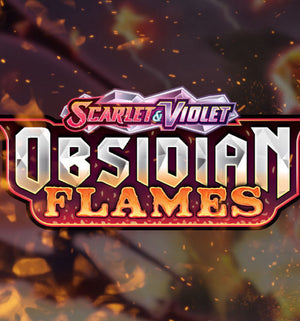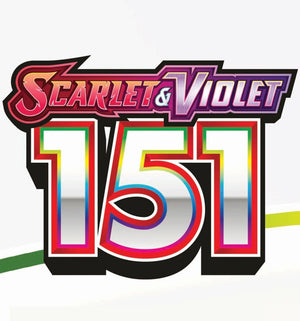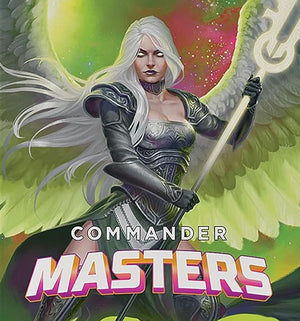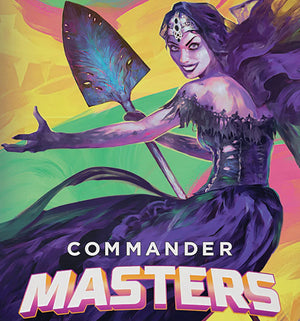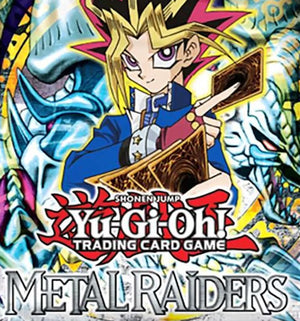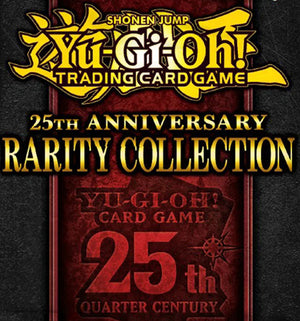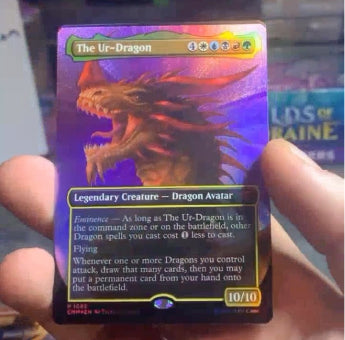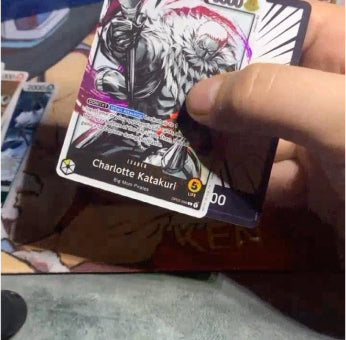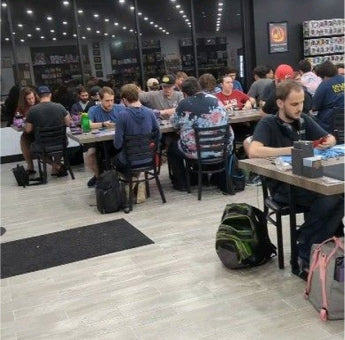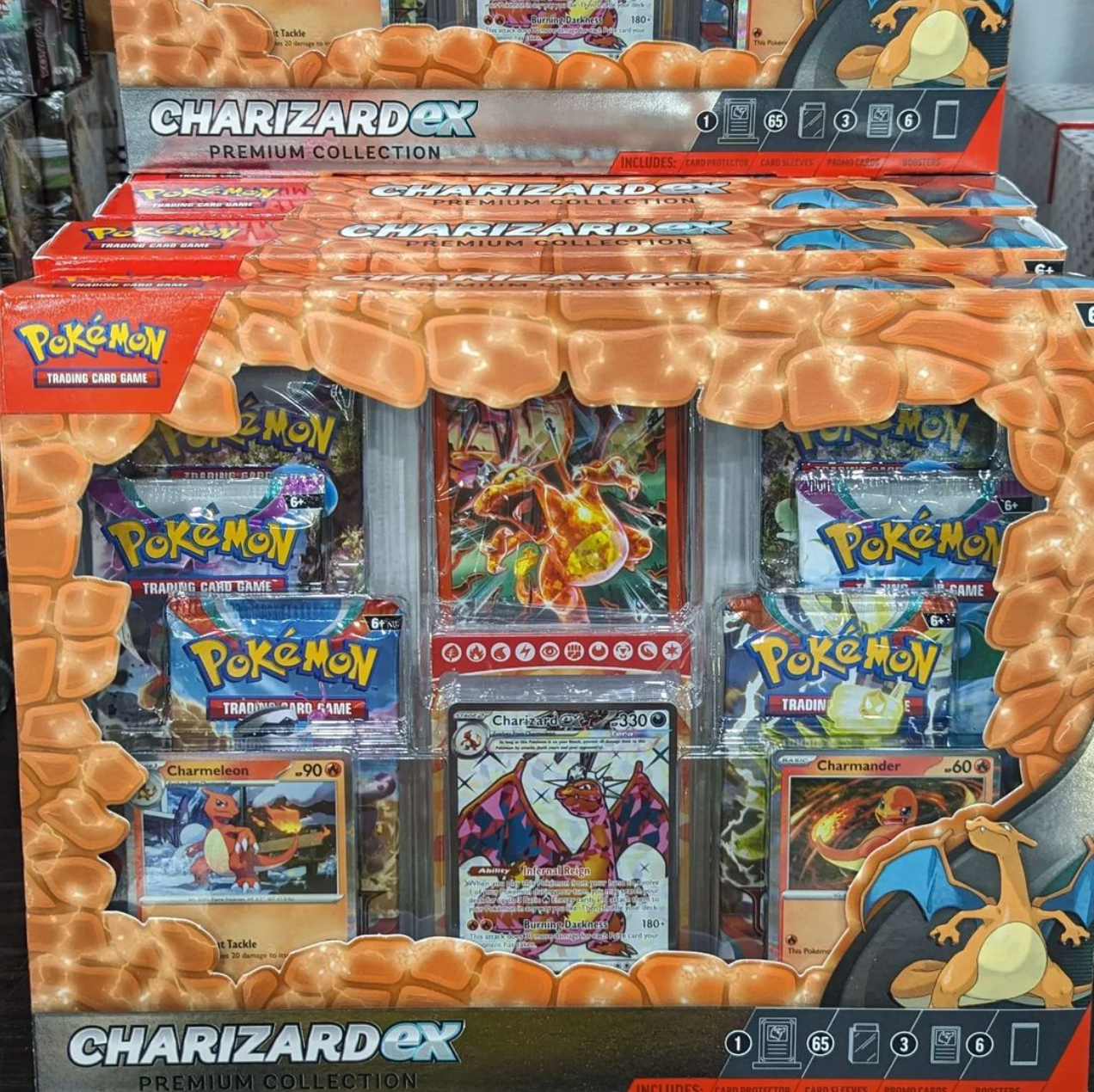
Learning Magic the Gathering: MtG Keywords
Magic the Gathering uses many keywords as shorthand for how cards behave and interact with each other. There are certain keywords that are not specific to a set or expansion, and will appear frequently as you see new cards. These are called Evergreen keywords, and learning what they are will help you master MtG.
Here are Evergreen keywords you should know:
Deathtouch is an ability that creatures can have that lets any nonzero amount of damage they deal to another creature be considered lethal damage. For example, if a 1 power creature with deathtouch deals its damage to a 3 toughness creature, the 3 toughness creature will die. Note that dealing lethal damage, even by means of deathtouch, is a state-based effect that applies to the board state immediately. There is no time between being dealt this lethal damage and a creature dying from it. Also note, the damage a deathtouch creature could deal outside of combat with the help of other abilities and cards is still considered lethal damage to other creatures.
Defender is an ability that creatures can have that prohibits them from being declared as an attacker.
Enchant Permanent is an ability that an aura has. An aura is a subtype of an enchantment. Whereas enchantments sit on the battlefield and affect the game in some way, enchantment-aura cards attach themselves to a particular permanent on the field and affect how that individual card behaves. The most common type of aura will say Enchant Creature on it, which means it attaches to a creature and will affect that single creature. Some other auras enchant lands, artifacts and other permanent types. Note that once the enchanted permanent leaves the battlefield in any way, all auras will go to the graveyard since they cannot exist in play without enchanting a permanent.
Equip is an activated ability that only equipment have. Equipment is a subtype of artifacts. After an equipment card is put on the battlefield, its equip cost can be paid to attach itself to a target creature he or she controls and affect that creature. Equipping is a targeted ability and uses the stack. Equip costs can only be paid when the equipment's controller can cast a sorcery, which is during their own main phase and when the stack is empty. An equip cost can be paid again to move it onto another creature, even if another creature is currently 'holding' it. When an equipped creature leaves the battlefield in any way, the equipment 'falls off' and its equip cost must be paid again. Note that if you lose control of an equipped creature, you still own the equipment and only you can pay an equipment's equip cost and move it onto a creature you control.
First Strike and Double Strike are abilities that creatures can have that affect combat. Creatures with first strike deal combat damage before creatures without first strike deal combat damage. If a creature with first strike deals lethal damage to a creature without first strike, the first strike creature will not be dealt damage because the creature without first strike never got an opportunity to deal damage in combat. Double Strike creatures deal first strike damage and then damage again when creatures without first strike would deal damage.
Flash is an ability that a permanent can have that affects cast timing. A permanent with flash can be cast at any time its controller may cast an instant.
Flying is an ability that creatures can have that restricts what can block them in combat. A creature with flying can only be blocked by other creatures with flying or creatures with reach.
Haste is an ability that creatures can have. Creatures are normally affected by 'summoning sickness' when they come into play, which means they cannot attack or be tapped by means of a 'tap symbol' until their controller's next turn. Creatures with haste are unaffected by summoning sickness. Note that if a creature changes controller while in play, it will be affected by summoning sickness again unless it has haste. Also note that creatures can be tapped by other effects while affected by summoning sickness, as long as it's not their own 'tap symbol' ability doing it.
Hexproof is an ability that permanents and even players can have that affects targeting. A permanent or player with hexproof cannot be declared as a legal target by spells or abilities their opponents control.
Indestructible is an ability that permanents can have. An indestructible permanent cannot be destroyed by spells and abilities that say 'destroy' or be destroyed by taking lethal damage if it is a creature. Note that an indestructible creature will not be destroyed by a deathtouch creature. Also note that an indestructible creature can still be exiled, countered, returned to hand or library, sacrificed, or die from having its toughness reduced to zero or less by another effect.
Lifelink is an ability that causes any damage dealt by that permanent to gain its controller that much life.
Menace is an ability that creatures can have that affects blocking during combat. A creature with menace must be blocked by at least two creatures when declaring blockers. A creature with menace cannot be blocked by a single creature.
Protection is an ability that permanents or players can have that is templated 'protection from [quality].' A permanent or player with protection from a quality cannot be enchanted, blocked, or targeted by anything that fits that quality, and damage that would be dealt from a source of that quality is prevented. For example, a creature with protection from red, can still be destroyed by red 'destroy all creatures' effects since it is not being targeted, but red 'deal X damage to each creature' effects will not deal damage to that creature. Another example to note is a creature with a green aura attached to it that gains 'protection from green' will make that 'fall off' and go to the graveyard since it is no longer affecting a legal target.
Prowess is an ability that creatures can have. Whenever a non-creature spell is cast by the prowess creature's controller, prowess triggers and the creature will get +1/+1 until end of turn on resolution of the prowess trigger. Prowess can trigger multiple times on the same turn and prowess triggers use the stack.
Reach is an ability that creatures can have that affects blocking in combat. A creature with reach can block creatures with flying. However, creatures with reach do not attack as though they have flying.
Trample is an ability that creatures can have that affects damage assignment during combat. When an attacking creature with trample deals damage in excess of lethal damage to a blocking creature or blocking creatures, the attacking creature's controller may choose to deal the excess damage to the defending player or planeswalker the creature is attacking.
Vigilance is an ability that creatures can have that does not cause an attacking creature to tap itself when being declared as an attacker. It can still be tapped by other means.
Feel free to bookmark this page and come back as often as you need for reference.

